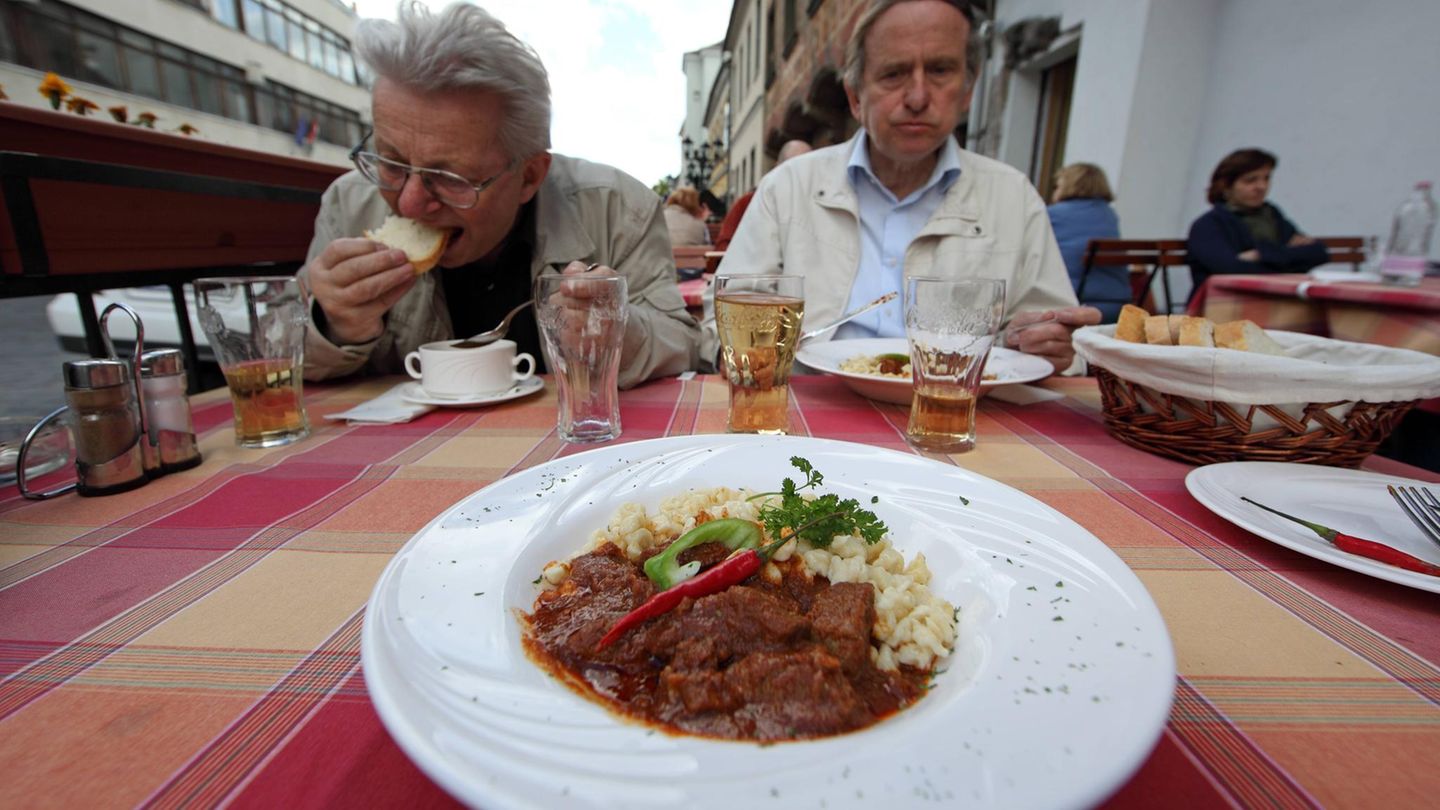Menu
VAT in restaurants: This is how much the states in the EU collect
Categories
Most Read
How much will I earn if I deposit $500,000 today in 30 days?
October 15, 2025
No Comments
what is the new amount for October 2025
October 15, 2025
No Comments
Carlos Melconian warned that a macroeconomic change is coming after the elections
October 15, 2025
No Comments
Scott Bessent said that the total bailout could reach US$40,000 million and bought pesos again
October 15, 2025
No Comments
“Disney Destiny”: Meyer Werft delivers new cruise ship earlier
October 15, 2025
No Comments
Latest Posts

The blue dollar overheated, surpassed $1,450 and the gap reached the highest level of the month
October 15, 2025
No Comments
October 15, 2025 – 16:41 Get to know the blue dollar quotes, the official one, the MEP and the CCL. Depositphotos He blue dollar rose

The use of installed capacity accumulated nine months below 60% in August
October 15, 2025
No Comments
October 15, 2025 – 16:36 The sector is unable to emerge from the crisis, despite having a slight monthly improvement in its production. In annual

Why we walk while sending audios or talking on the phone, according to psychology
October 15, 2025
No Comments
October 15, 2025 – 15:30 There are phenomena such as FOMO and nomophobia that reflect the fear of being disconnected and this directly influences this
24 Hours Worlds is a comprehensive source of instant world current affairs, offering up-to-the-minute coverage of breaking news and events from around the globe. With a team of experienced journalists and experts on hand 24/7.

